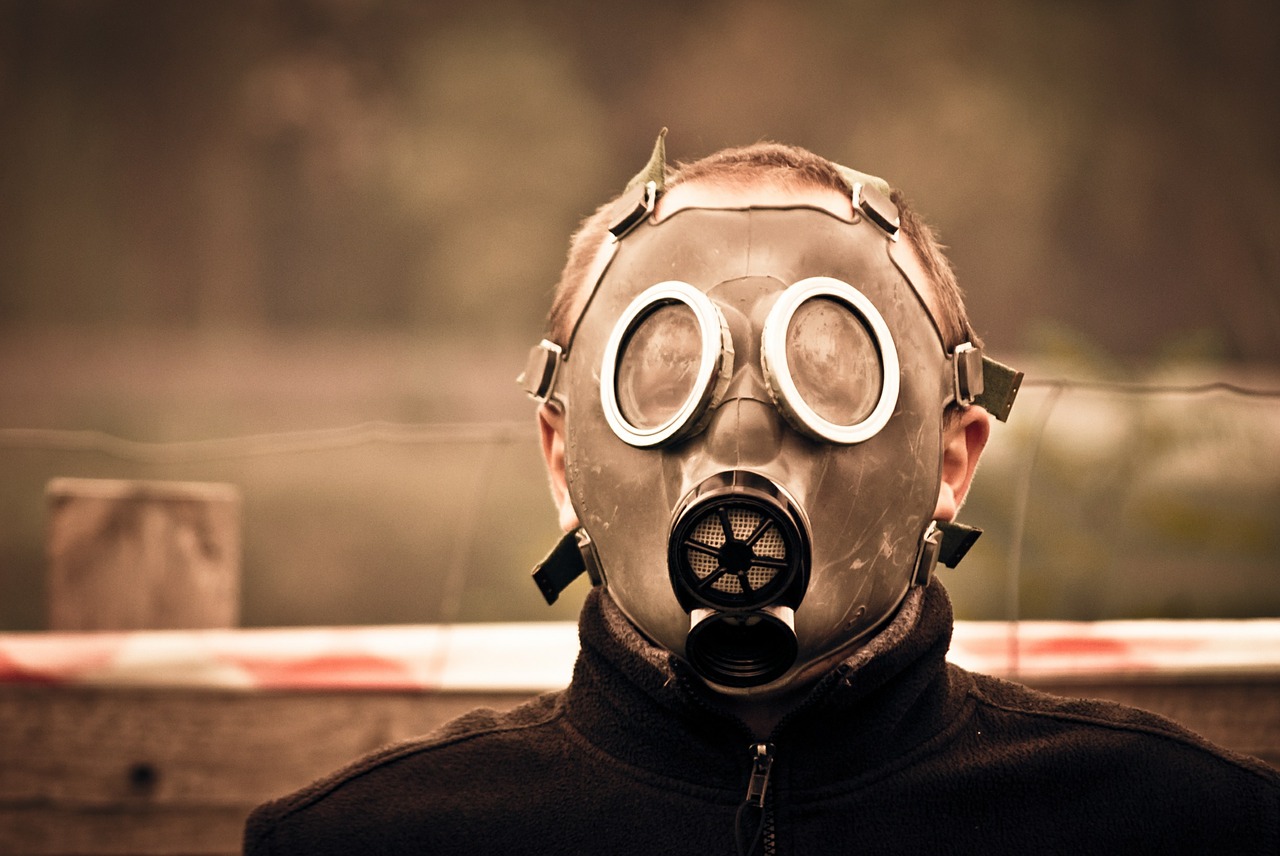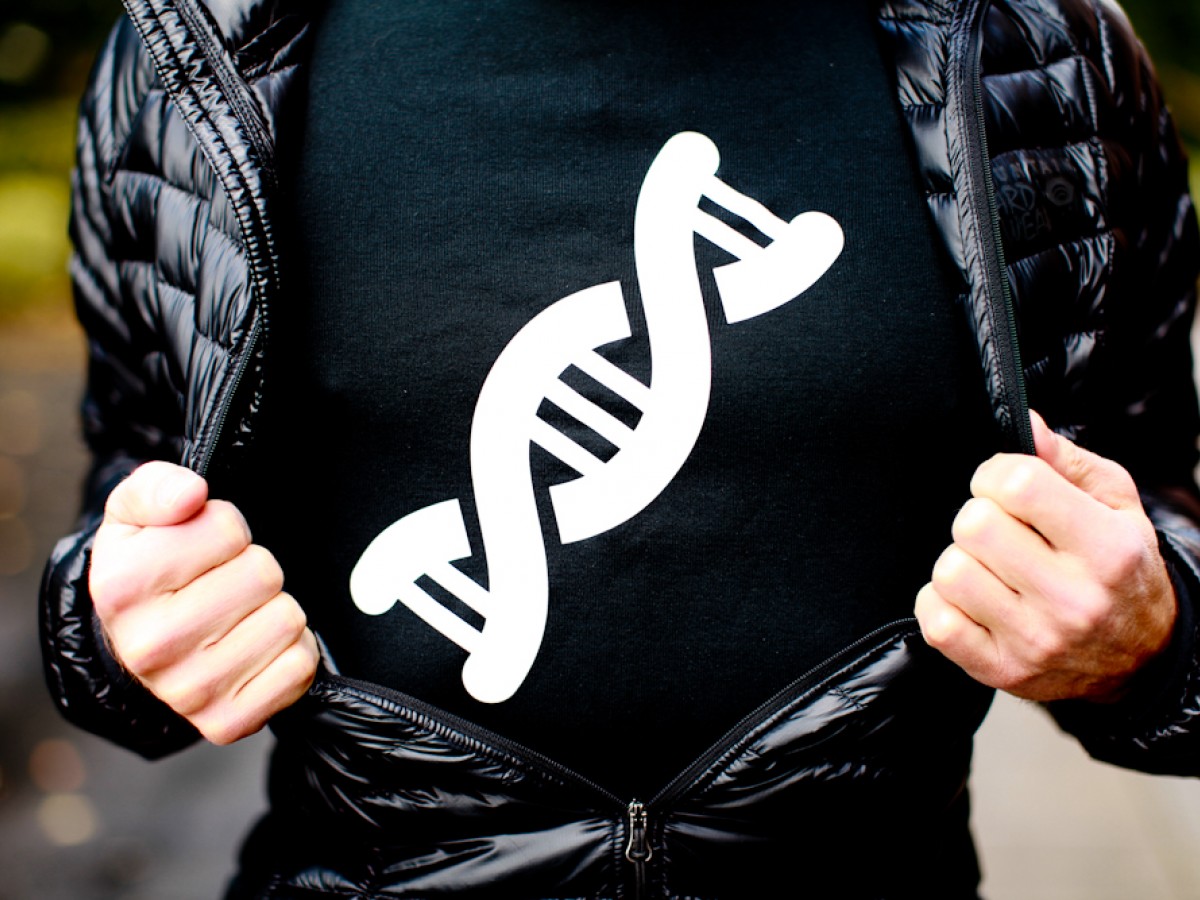What Happens When Genes and Environment Don't Match?
There's a new field emerging called Epigenetics--the study of how environmental factors cause genes to behave or "express themselves" differently. It offers some good news and some bad news. The bad news I think you know already, that we're born with a certain deck of cards, which we can't change or exchange for someone else's deck of cards. But what most of us don't know, is that we can change how these cards are played. For example, we can change which genes get turned on, and which genes get turned off, and for how long, and in what order. In other words, we can change (accidentally or on purpose) how our genes are expressed.
And this cuts both ways.
Ripped From the Headlines
Let me begin with a tabloid illustration. I'm sure you remember when Angelina Jolie had radical surgery in 2013 after testing positive for the BRCA1 gene (a gene associated with high risk for breast cancer). Her cancer risk was so high that it prompted her to get the most aggressive form of preventive medicine available, a double mastectomy. This was big celebrity news. But what should also have been big news (but wasn't), is the fact that the risk of developing cancer with BRCA1 & BRCA2 has not been stable over time; it has been rising. Listen to the words of Mary Claire King, the original researcher of BRCA1 & BRCA2:
Risks appear to be increasing with time: Breast cancer risk by age 50 among mutation carriers born before 1940 was 24%, but among those born after 1940 it was 67%.
And for women born after 1960, the risk shoots up to 82%. Nothing has changed about our genes in such a short amount of time, but clearly something has changed. Could it be the environment? Could it be that our genes no longer match our environment, that our DNA has woken up to a world it no longer recognizes?
The Human Predicament
I'm not suggesting that Angelina Jolie should have just changed her environment instead of getting a mastectomy. The human predicament demands that all options be on the table. I'm merely pointing out that even in the most indisputable cases of a single gene causing a single disease, there appears to be some master switch above the genes that is getting triggered, some epigenetic factor at work. We don't know exactly why cancer genes like BRCA1/BRCA2 are suddenly expressing themselves more than they did just a few decades ago. I wish we did. Obesity and sedentary lifestyle have been implicated. But the full truth will probably turn out to be more multifactorial--something new in our food, air, water, soil, relationships, networks, body mass, or all of the above.
There are many candidates for negative epigenetic influence in our modern world: 80,000 novel synthetic compounds dumped into the environment since 1940; unprecedented consumption of sugar and processed food; hybridized grains and GMO; the overuse of antibiotics and the loss of biodiversity in our guts; escalating urbanization and free-floating stress; the loss of meaningful rituals and nourishing routines like eating dinner together as a family; the lost art of cooking real food; chronic sleep deprivation; sleep-wake cycles with no reference to the sun; playing on screens instead of on open fields; pervasive wi-fi and electromagnetic smog; designer drugs; the list goes on. It's not the same world your grandmother grew up in...but you knew that already.

The Rise of Disease Care
With all the money being spent on health care, you'd think we'd be making more dramatic progress, and yet we continue to see a rise in lifestyle related diseases across the board: Alzheimer's, asthma, cancer, chronic liver disease, Chronic Obstructive Pulmonary Disease, Type 2 diabetes, heart disease, metabolic syndrome, chronic renal failure, osteoporosis, stroke, depression, fibromyalgia, and obesity. The current health care delivery system isn't really delivering much health, at least not when it comes to chronic disease, and that's why it is often referred to, tongue-in-cheek, as a "disease care system".
Is There Hope?
My goal here is not to overwhelm you with gloom and doom. On the contrary, my goal is to suggest a way out, to say with Dean Ornish, that "genes are not your fate". There's great promise and peril in this. The peril is obvious, as we befoul our nest and understand for the first time just how fragile and influenceable the human genome is. But the promise is also there, that if we can make things worse, we can also make things better, and begin to control the expression of our of genes in new and positive ways. If you haven't seen the NOVA documentary entitled The Ghost in Your Genes, then now might be a good time.
This blog will be focusing a lot on nutrition, not just because I happen to love food or hold a masters degree in Public Health Nutrition, or just because I'm a Nutritional Therapy Practitioner, but because I truly believe that food is the single most powerful and controllable environmental input we have. Think about the air you breathe, difficult to control. Think about the soil in your neighborhood or the pesticides your neighbor is using, difficult to control. Food, on the other hand, is something most of us do have control over, several times a day.
Simply put, food is information, raw epigenetic data for your genes. And Epigenetics lays the foundation for everything we will be talking about in this blog. Because Lifestyle Medicine is gene therapy. Welcome to real hope and change.
Reference: King MC, Marks JH, Mandell JB, New York Breast Cancer Study Group. Breast and ovarian cancer risks due to inherited mutations in BRCA1 and BRCA2. Science. 2003;302(5645):643‐ 646.
